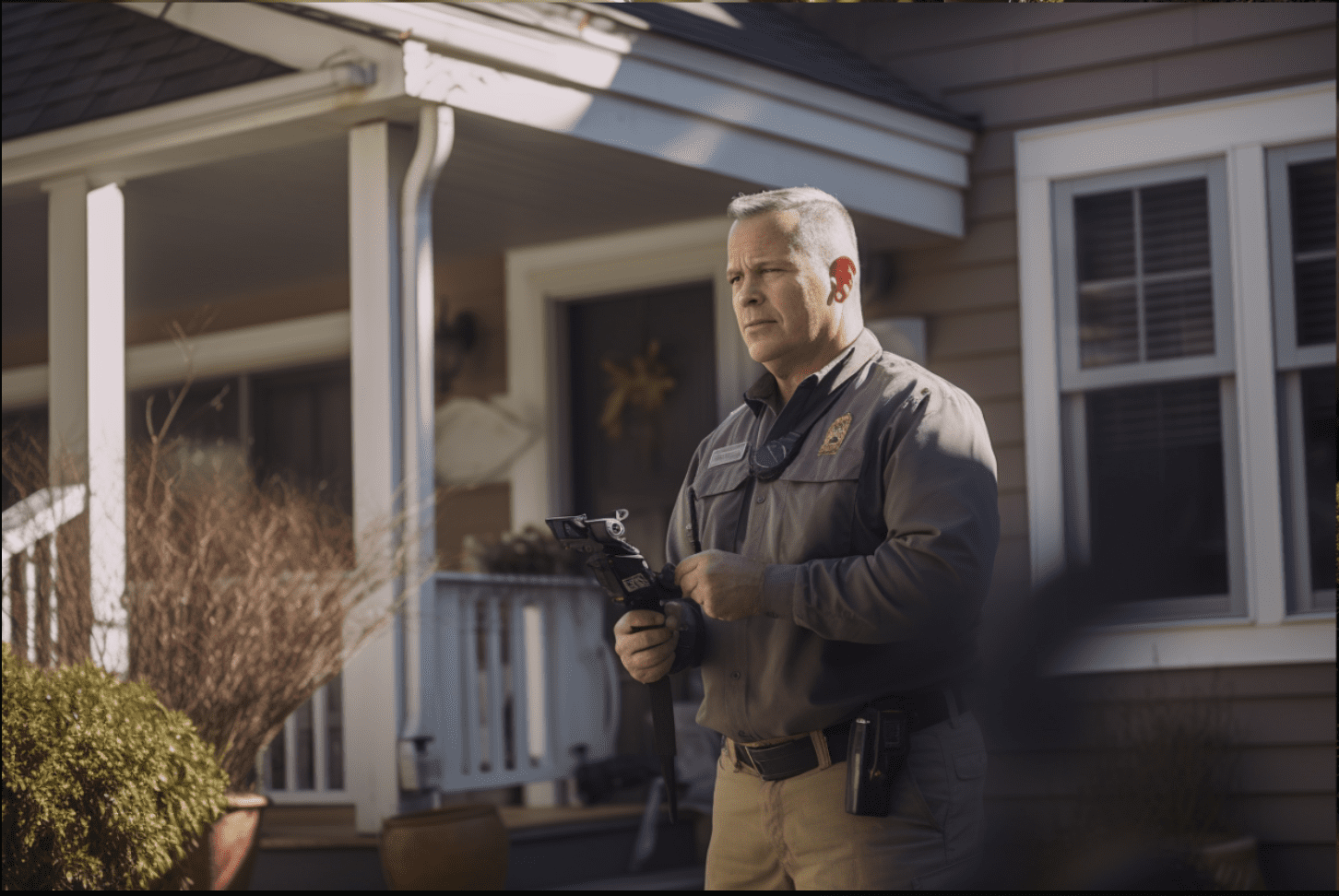Hello, Seattle homeowners! If you’re selling your home in our beautiful city, you’re on the path to an exciting new chapter. As you approach the finish line, it’s essential to understand the last crucial step in the process: recording the deed. Let’s dive into what this means and why it matters.
What Is Recording the Deed?
Recording the deed is the process of officially transferring ownership of your property to the buyer. It’s a crucial legal step that ensures the transaction is documented and recognized by the government and the public. In Seattle, this process typically takes place at the King County Recorder’s Office.
Why Is It Important?
Recording the deed is vital for several reasons:
Legal Transfer: It legally transfers ownership of the property from you (the seller) to the buyer. This ensures that the buyer is now the rightful owner and has all the associated rights and responsibilities.
Public Record: Once recorded, the deed becomes a part of the public record. This means that anyone can access information about the property’s ownership, which is crucial for transparency and property rights.
Title Insurance: It allows the buyer to obtain title insurance, which protects them from any potential legal claims or issues regarding the property’s ownership.
Steps to Record the Deed:
Here’s a simplified overview of the steps involved in recording the deed:
Step 1: Prepare the Deed
Before recording the deed, it must be properly prepared. This document includes essential information, such as the legal description of the property, the names of the parties involved (buyer and seller), and the sale price.
Step 2: Sign the Deed
Both the seller and the buyer must sign the deed in the presence of a notary public. The notary’s role is to verify the identities of the parties and ensure the document’s authenticity.
Step 3: Submit to the County Recorder’s Office
Once the deed is signed and notarized, it should be submitted to the King County Recorder’s Office, which is responsible for recording real estate transactions in Seattle. You’ll need to pay a recording fee, which varies depending on the document’s length and the number of pages.
Step 4: Document Review
The Recorder’s Office will review the deed to ensure it meets all legal requirements and is properly executed. This process typically takes a few days.
Step 5: Recording
Once the deed passes the review, it will be officially recorded. This means it becomes a part of the public record, and the property’s ownership is officially transferred to the buyer.
Step 6: Receive a Recorded Copy
After recording, you’ll receive a copy of the recorded deed. This copy serves as proof of the transaction and should be kept in a safe place for your records.
What Happens Next?
After the deed is recorded, the buyer becomes the legal owner of the property. They can then take possession and enjoy all the rights and responsibilities of homeownership. As the seller, you’ll receive the proceeds from the sale, minus any outstanding mortgage or closing costs.
It’s important to note that the recording of the deed is just one part of the closing process. The closing process involves several other important steps, such as reviewing and signing various documents, transferring funds, and ensuring that both parties fulfill their obligations as outlined in the purchase agreement.
Conclusion
Recording the deed is the final and crucial step in the process of selling your Seattle home. It officially transfers ownership to the buyer, ensuring a transparent and legally binding transaction. As a seller, it’s essential to work with a qualified real estate professional who can guide you through this process and ensure a smooth and successful sale.
Stay tuned for more valuable tips and insights on selling your home in Seattle. We’re here to support you every step of the way in your real estate journey!


